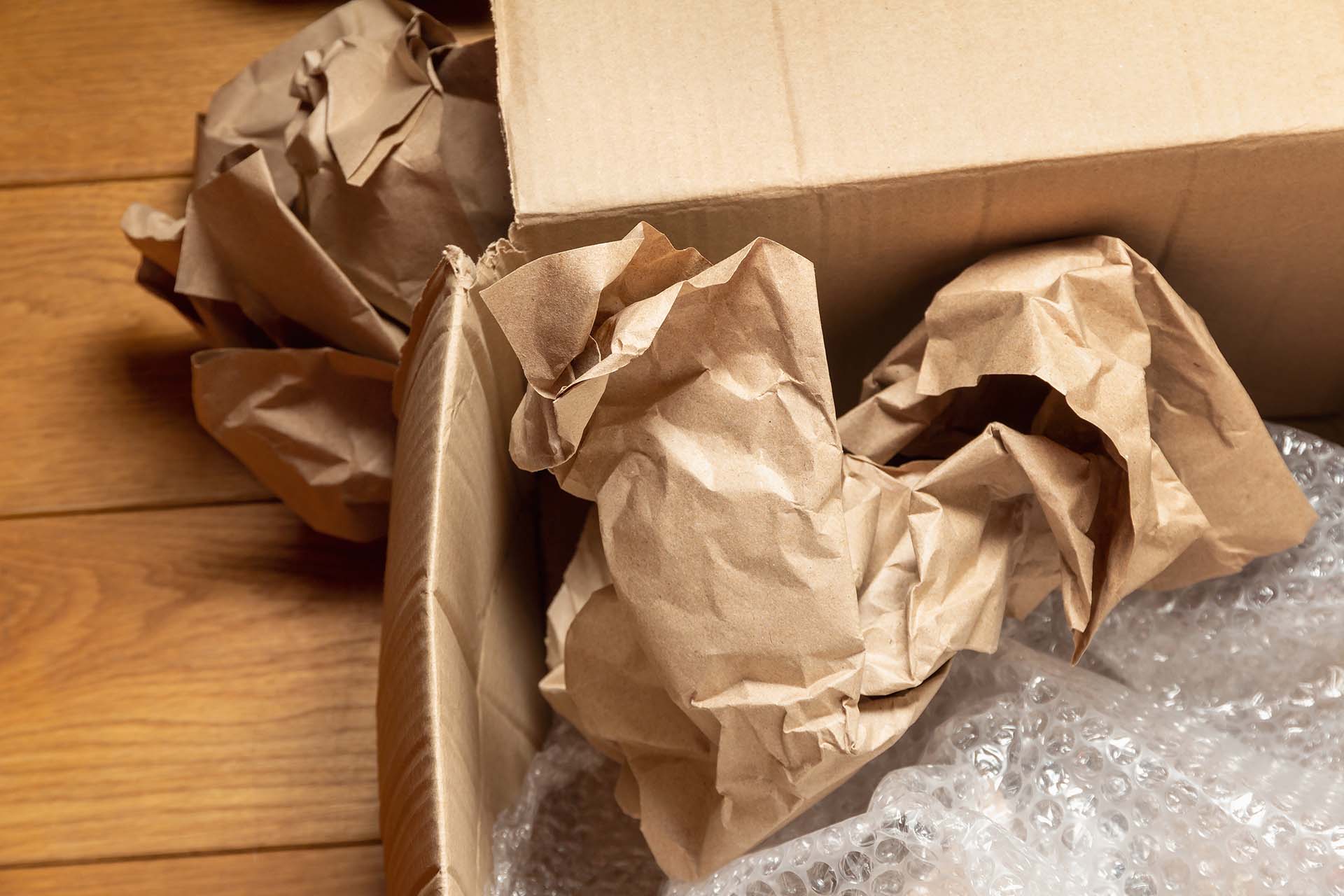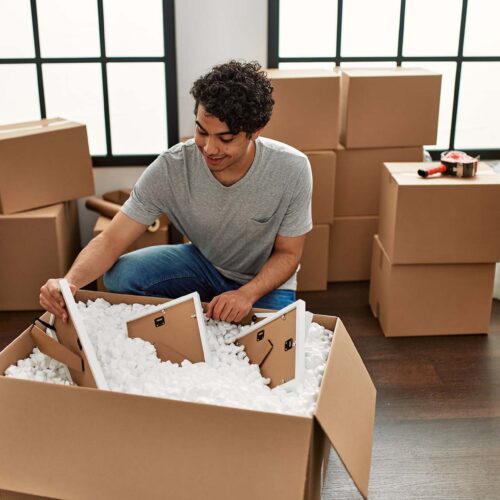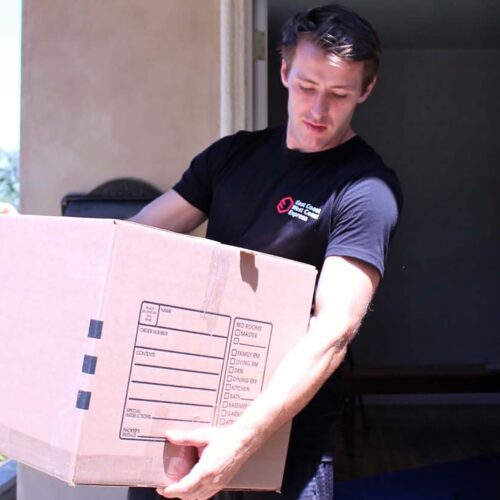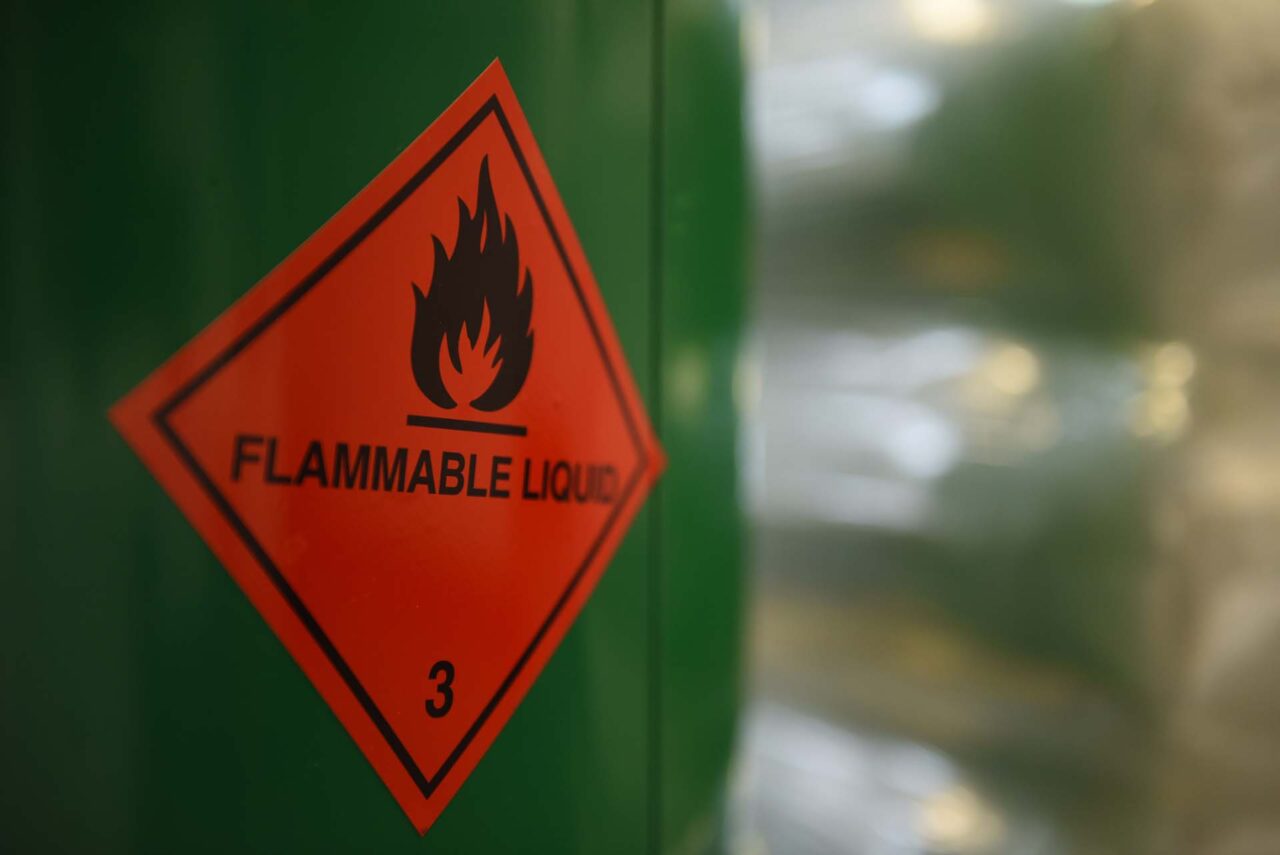

When it comes to long-distance relocation, most of the fuss revolves around the question of what item to put in what package, and how to organize the whole process. Another often-overlooked issue is what not to pack when moving. Many things should find their place on that list, both in terms of clearing up space and your chosen mover’s rules and regulations.
When You Request a Quote, Ask Your Mover What Not to Pack When Moving
The first tip in making a checklist of stuff that won’t be traveling to your new home is to ask the company that you hired for its moving services about the prohibited items. Every mover has its own way of doing business, so contact each one separately and inform yourself well in advance. It’ll help with the packing by giving you a clue of what’s not to be bothered with. In case you need it, you may hire the company to provide you with packing services, as well. That may be advisable when it comes to packing fragile items, though you may as well do it yourself, with an adequate amount of bubble wrap, paper, and other packing supplies.
Decide What Items to Leave Behind and Not Pack for Moving
It’s not easy to part with items that hold emotional and sentimental value, no matter how small and insignificant they may seem to someone else. It may be a collection, cherished but without any monetary worth, or some trinket you got for free on a local fair. Yet, don’t be afraid to let them go. Stuff like that tends to clutter houses, so be mindful of that, especially if you’re moving to a smaller home.
Also, think carefully about the furniture. If you know that this piece or that won’t fit in the new space, don’t pack it. It won’t be of any use to you if it has to languish in some storage unit.
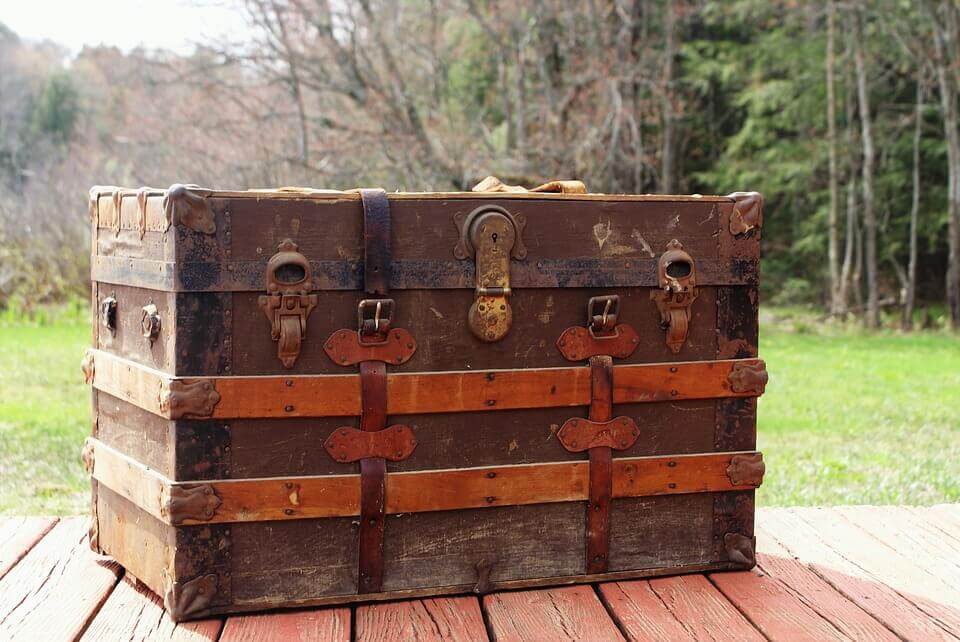 Create a list and then pack items you’re gonna use in boxes, and leave behind those things that you won’t use in your new home
Create a list and then pack items you’re gonna use in boxes, and leave behind those things that you won’t use in your new home
Perishable Foods Are a No-Go In a Moving Truck
The inevitable item on every checklist of this type is food. It’ll almost certainly spoil in the truck or storage, even if in a deep freeze. That’s very bad for business since spoiled food smells terrible, can grow mold that might damage other stuff, and will most certainly be a beacon for insects and possibly other vermin. Canned food may still be hauled, but that is at the discretion of movers.
So try your best to spend it all before relocation, maybe by preparing nice meals you can make using what’s in your fridge.
Step 1: Invite Friends for Dinner
What’s a better way to empty your fridge and freezer than to gather friends for a lavish meal? We assure you they’ll appreciate it, especially if you used them as help in the process of relocation. It may also be an excellent opportunity to spend more time together before the move and say goodbye properly.
Step 2: Donate the Rest
It is reasonable to assume that not everything can be eaten in a relatively short period. But don’t think that the rest should be thrown away. Donating to a local food bank or some other charity organization is a great way to lighten the load and give away food you won’t be able to take with you to those who actually need it.
 No need for good stuff to go to waste
No need for good stuff to go to waste
Know Your Flammables and Chemicals
Transporting materials labeled as hazardous is universally out of the question. Flammable items, like aerosol cans or canisters with gasoline, will never make it onto the truck. It’s the same with different types of batteries, lighters, paints, motor oil, lighters, alcohol, and sometimes even nail polish removers.
Also not allowed are toxic chemicals, like pesticides, but also fertilizers and cleaning chemicals regularly used in households. In general terms, anything that may spill during the trip and wreak havoc.
There are safe ways to dispose of hazardous waste, so feel free to contact local authorities on how to do it.
Firearms and Related Stuff
Weapons and ammo are generally frowned upon by movers. In case you are not allowed to put them in a truck (which you most certainly won’t be), you should do some more research about the interstate transportation of firearms, or hand them over to authorities. No small number of cities have a no questions asked policy when it comes to this way of taking guns off the hands of citizens.
You most likely won’t be able to haul fireworks, or any other kind of explosive materials or devices either.
 Flammables, hazardous chemicals, and explosives are typically included on the lists of prohibited items
Flammables, hazardous chemicals, and explosives are typically included on the lists of prohibited items
Keep Valuable Items Close
The simple truth is that things may sustain damage or get lost during transport. And there are some items that you don’t want to see damaged or missing. It may be your grandma’s old necklace, or some other family heirloom, a valuable piece of art, collections of coins or stamps, or some expensive equipment – these valuable possessions should not go into boxes. They should, instead, be allotted a place in the privacy of a car.
Medications for you, your family, and pets fall neatly into this category, as well. Documents, too, should not be sent in an anonymous box. Organizing important papers is among the top priorities before the relocation, and they should be kept close by all the time.
Pets and Plants
When it comes to living beings, most companies refuse to transport them. It’s not hard to see why, since trucks often travel for days without being opened.
Professional moving companies are not allowed to transport pets. Besides, hauling your furry friend in a closed, dark truck might put its health, and even life, in danger. So take your pet with you in a car or a plane. Or hire a company specialized in the relocation of pets.
Plants are in an even more difficult position since they are very delicate and will almost certainly wither during the trip, because of the absence of light and temperature variations. There is also a danger of plant parasites migrating in a truck, which is why plant transportation is strictly regulated. Rather than taking your plants with you, opt for giving them to friends or donating them.
 Keep your valuables by your side during the entire relocation
Keep your valuables by your side during the entire relocation
Final Free Tips
We can’t repeat this often enough, but research and preparation are key to a successful relocation. The same goes for packing and deciding on stuff that stays out of the boxes.
Sort through all your belongings and decide. Leave behind damaged and irreparable things, like an old charger or exercise equipment that you used twice in your life. Leave behind books that you reckon you’ll never read (or read again). That way, you’ll make your home a better place before you even set your foot in it. Use our tips to your advantage, and you’re in for a lovely move to your new address.


